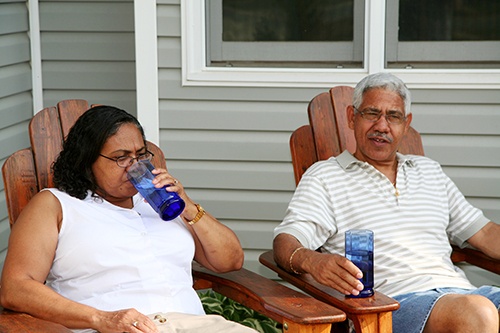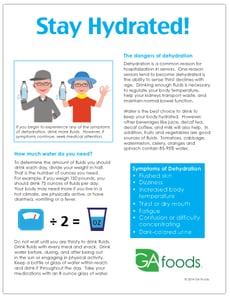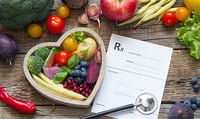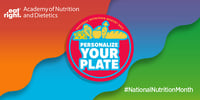Dehydration in Seniors
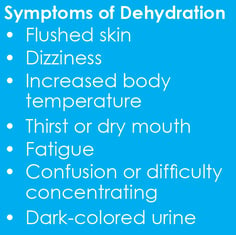 Dehydration is a common reason for hospitalization in seniors. One reason seniors tend to become dehydrated is the ability to sense thirst declines with age. Drinking enough fluids is necessary to regulate body temperature, help kidneys transport waste, and maintain normal bowel function.
Dehydration is a common reason for hospitalization in seniors. One reason seniors tend to become dehydrated is the ability to sense thirst declines with age. Drinking enough fluids is necessary to regulate body temperature, help kidneys transport waste, and maintain normal bowel function.Seniors need to be aware of the signs of dehydration. If they begin experiencing any symptoms, they need to increase their fluid intake. If the symptoms persist, they need to seek medical attention.
Water is the best choice to drink to keep the body hydrated. However, other beverages like juice, decaf tea, decaf coffee, and milk will also help. In addition, fruits and vegetables are good sources of fluids. Tomatoes, cabbage, watermelon, celery, oranges and spinach contain 85-95% water.
Adequate Fluid Intake
To determine the amount of fluids someone should drink each day, divide their body weight in half. That is the number of ounces you need. For example, if the senior weighs 150 pounds, he or she should drink 75 ounces of fluids per day. Their body may need more if they live in a hot climate, are physically active, or have diarrhea, vomiting or a fever.

Seniors should not wait until they are thirsty to drink fluids. Encourage them to drink fluids with every meal and snack. They should also drink water before, during, and after being out in the sun or engaging in physical activity. Make sure they keep a bottle or glass of water within reach and drink it throughout the day. Medications should be taken with an 8 ounce glass of water.

